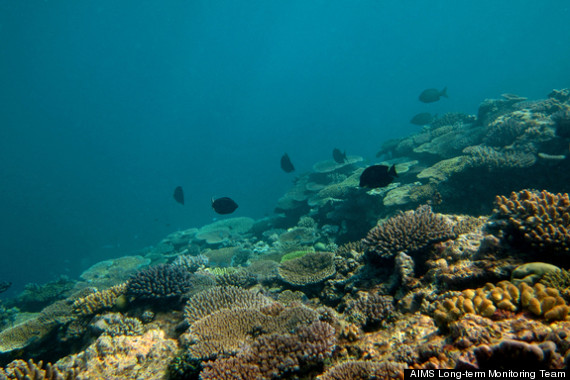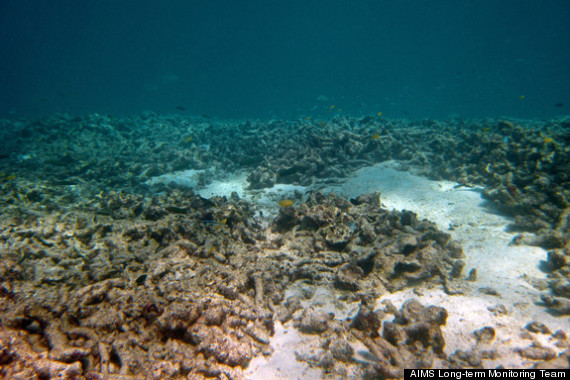
Earth Protect Blog
- Font size: Larger Smaller
- Hits: 5392
- 0 Comments
Helping Preserve Reefs
Australia's Great Barrier Reef is a glittering gem — the world's largest coral reef ecosystem — chock-full of diverse marine life. But new research shows it is also in steep decline, with half of the reef vanishing in the past 27 years.
Katharina Fabricius, a coral reef ecologist at the Australian Institute of Marine Science and study co-author, told LiveScience that she has been diving and working on the reef since 1988 — and has watched the decline. "I hear of the changes anecdotally, but this is the first long-term look at the overall status of the reef. There are still a lot of fish, and you can see giant clams, but not the same color and diversity as in the past."
To get their data, Fabricius and her colleagues surveyed 214 different reefs around theGreat Barrier Reef, compiling information from 2,258 surveys to determine the rate of decline between 1985 and 2012. They estimated the coral cover, or the amount of the seafloor covered with living coral.

Horseshoe reef before crown-of-thorns invasion.
That overall 50-percent decline, they estimate, is a yearly loss of about 3.4 percent of the reef. [Photos of Great Barrier Reef Through Time]
They did find some local differences, with the relatively pristine northern region showing no decline over the past two decades.
Cyclones and starfish
The reef’s decline, detailed this week in the Proceedings of the National Academy of Sciences, can be chalked up to several factors, they found. The biggest factors are smashing from tropical cyclones, crown-of-thorns starfish that eat coral and are boosted by nutrient runoff from agriculture, and coral bleaching from high-temperatures, which are rising due to climate change. (Coral bleaching happens when ocean temperatures rise and cause the corals to expel their zooxanthellae — the tiny photosynthetic algae that live in the coral's tissues.)

Comments
-
Please login first in order for you to submit comments













